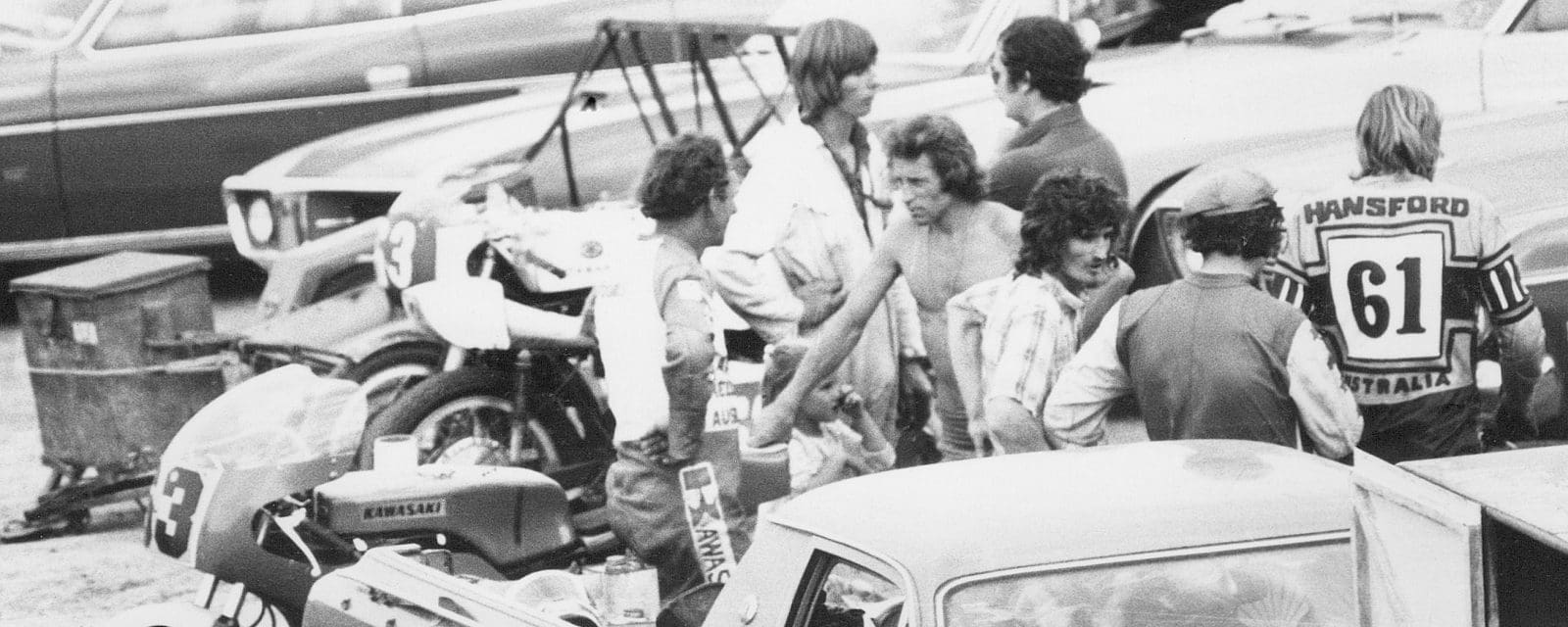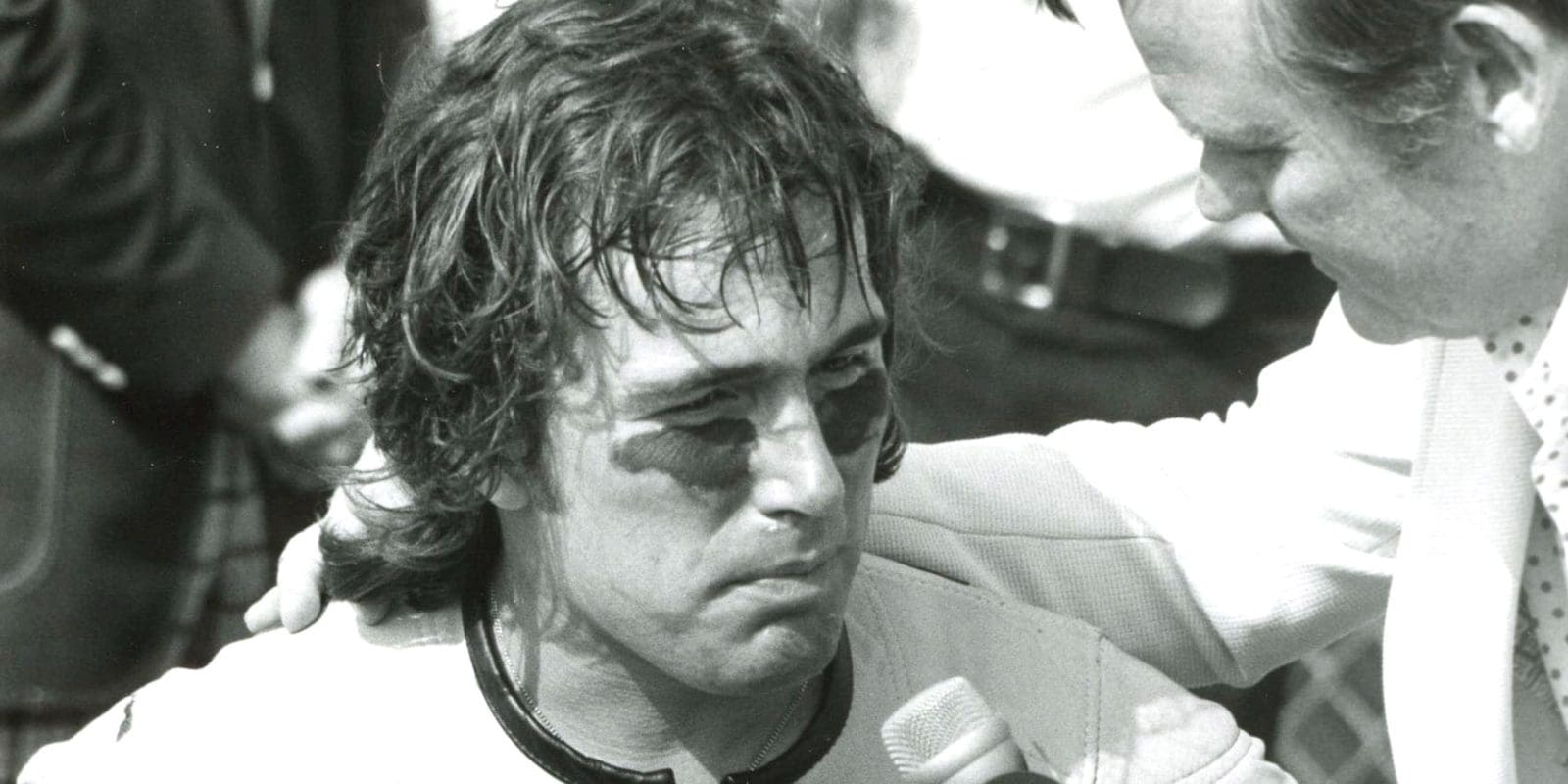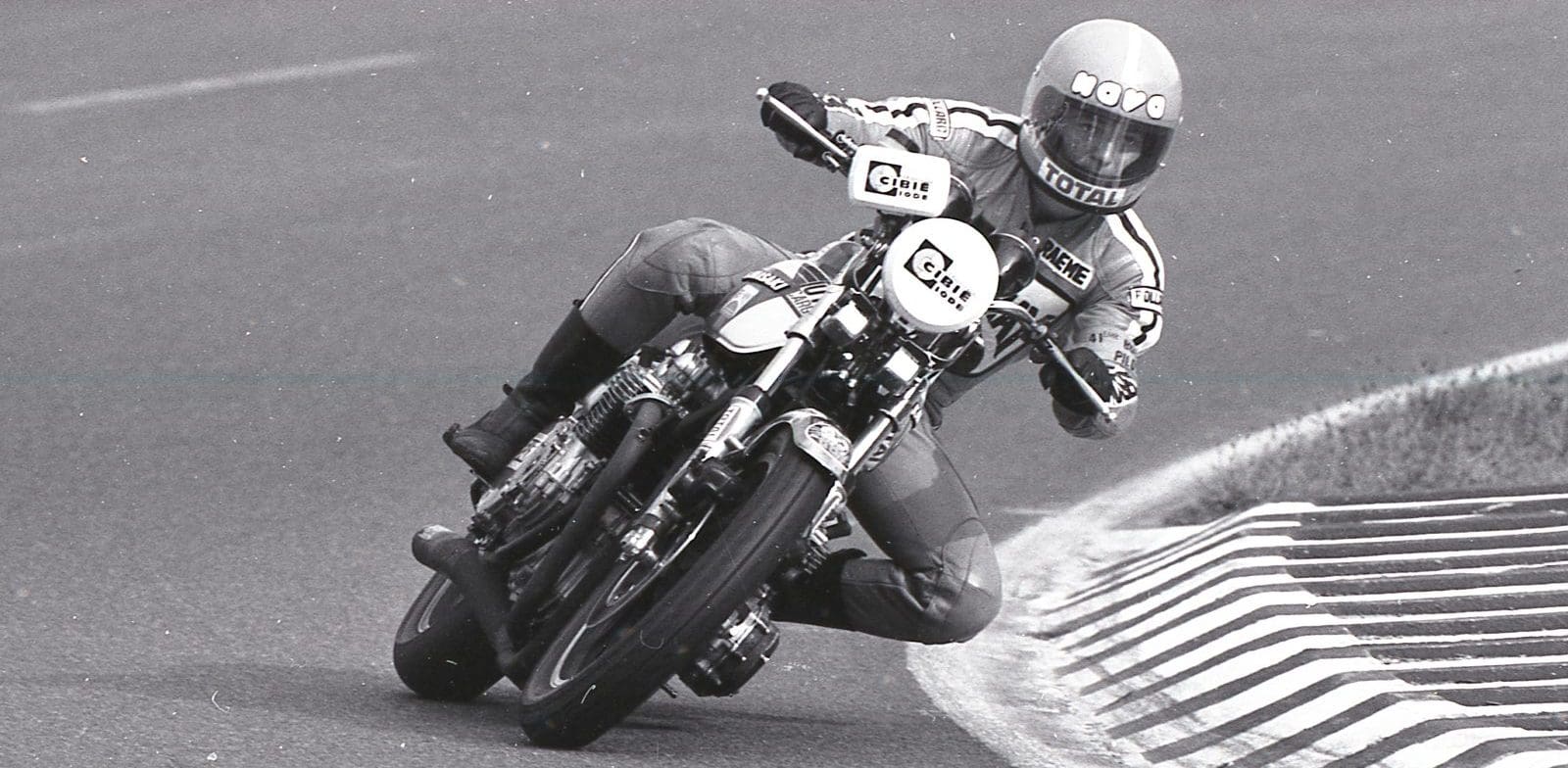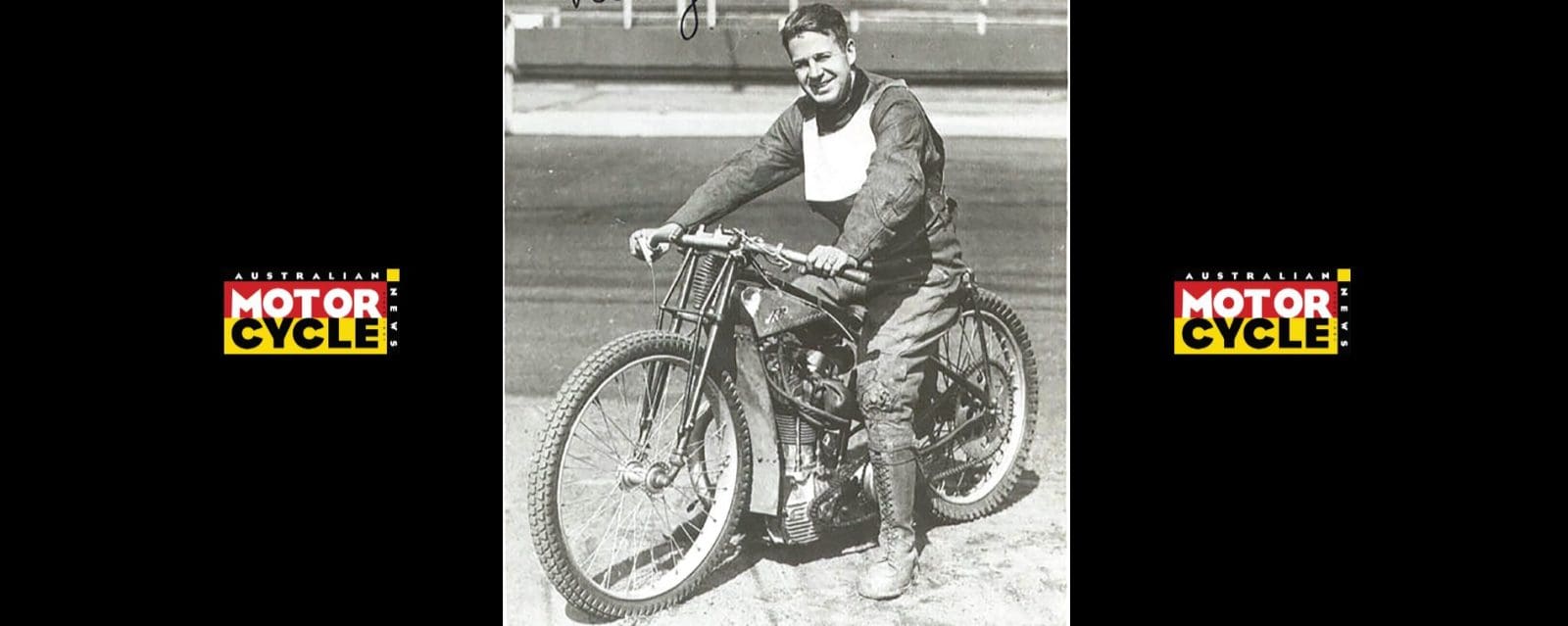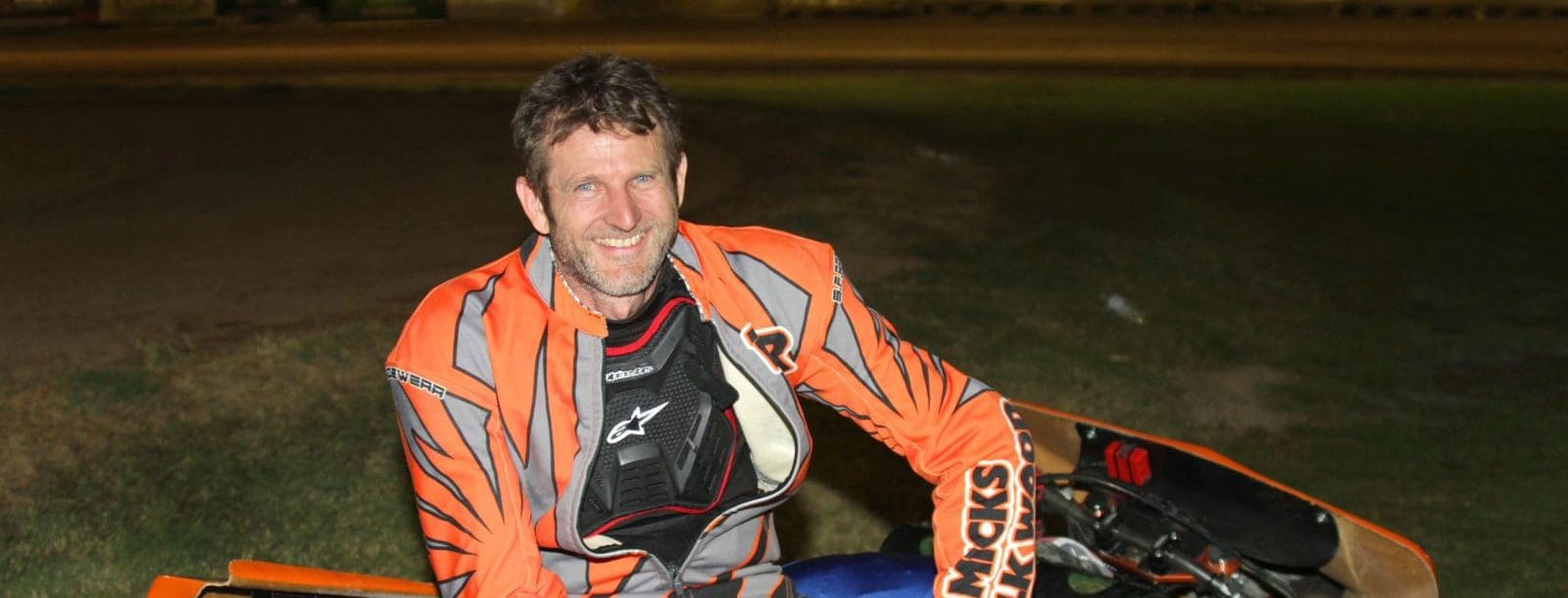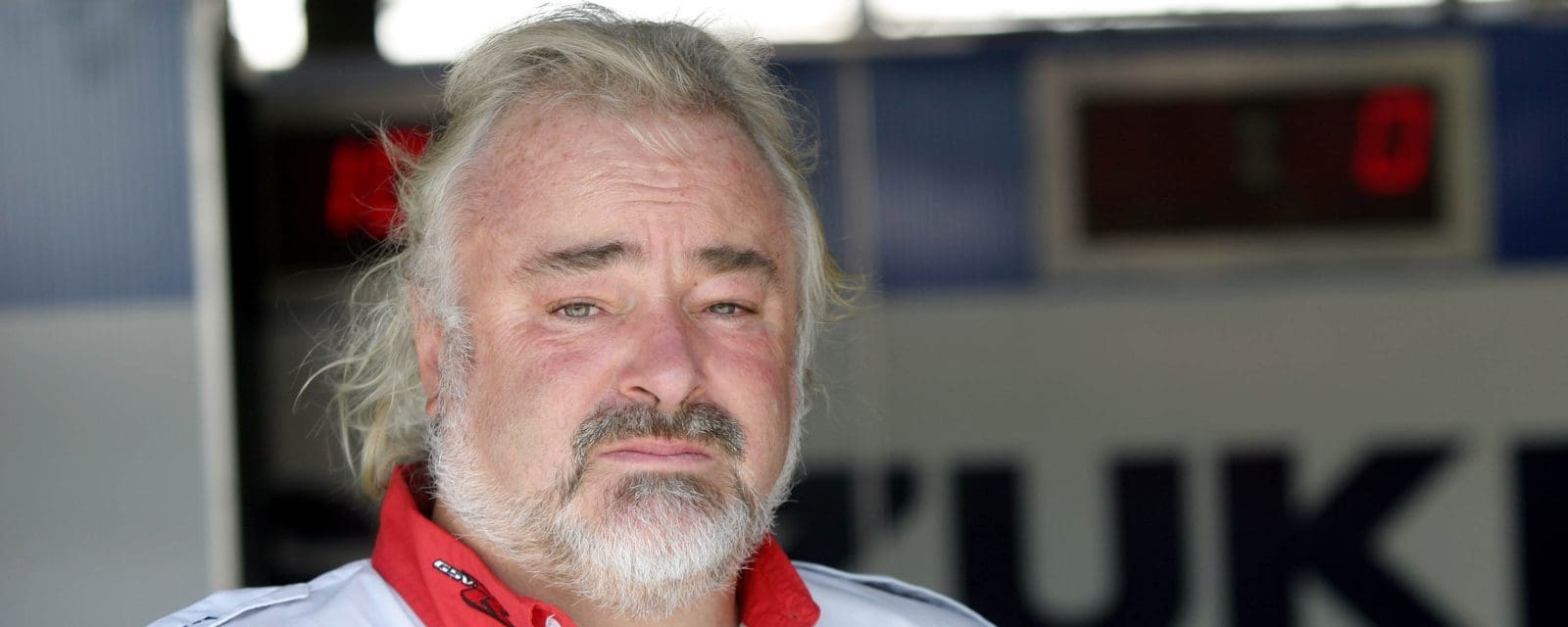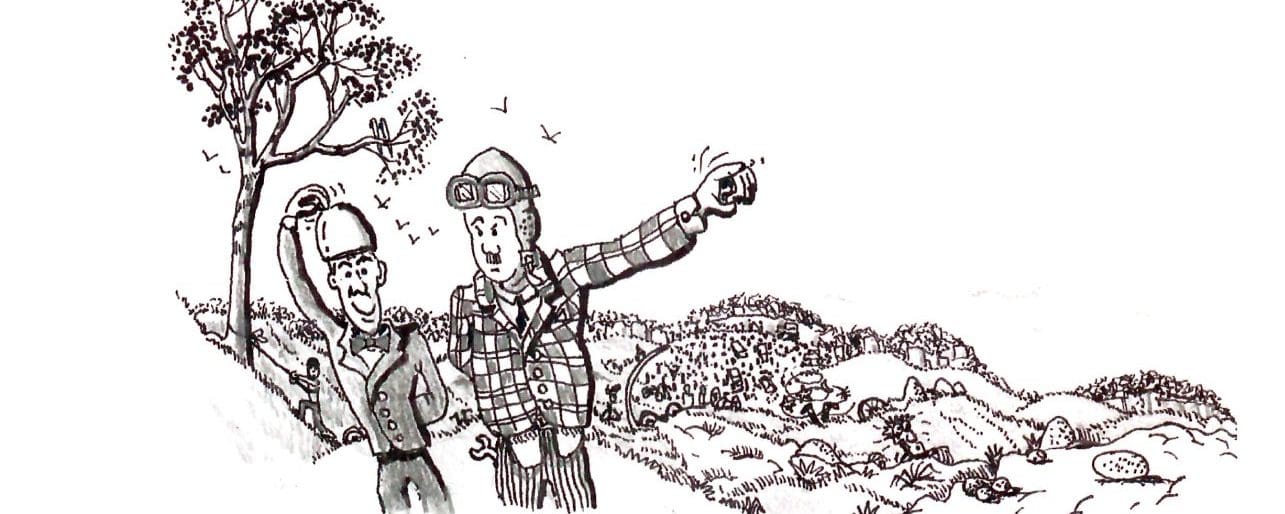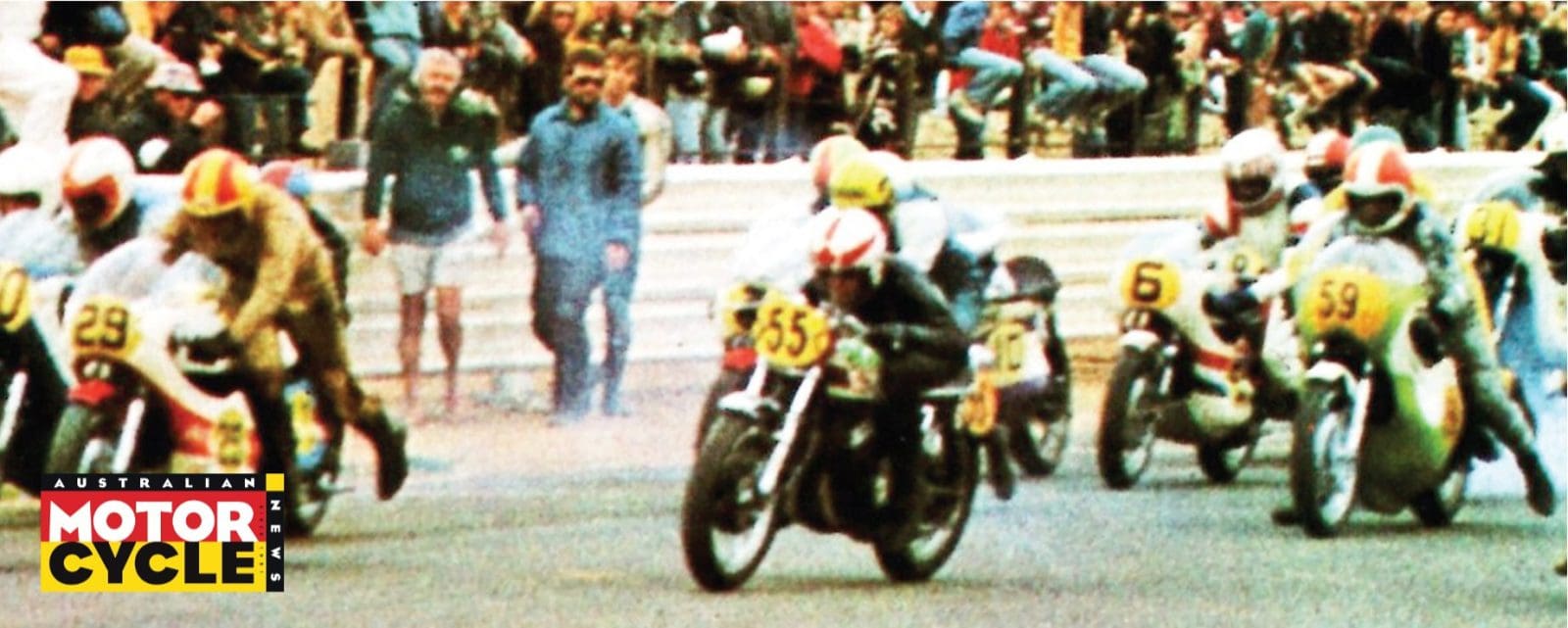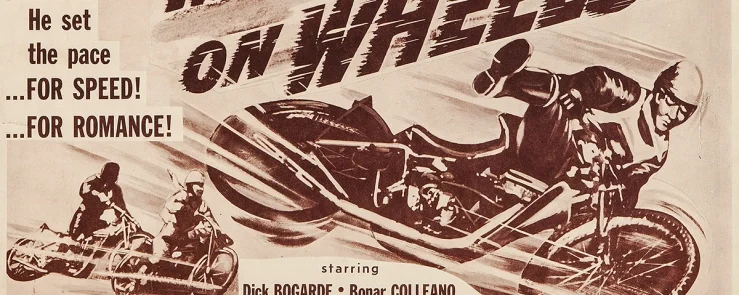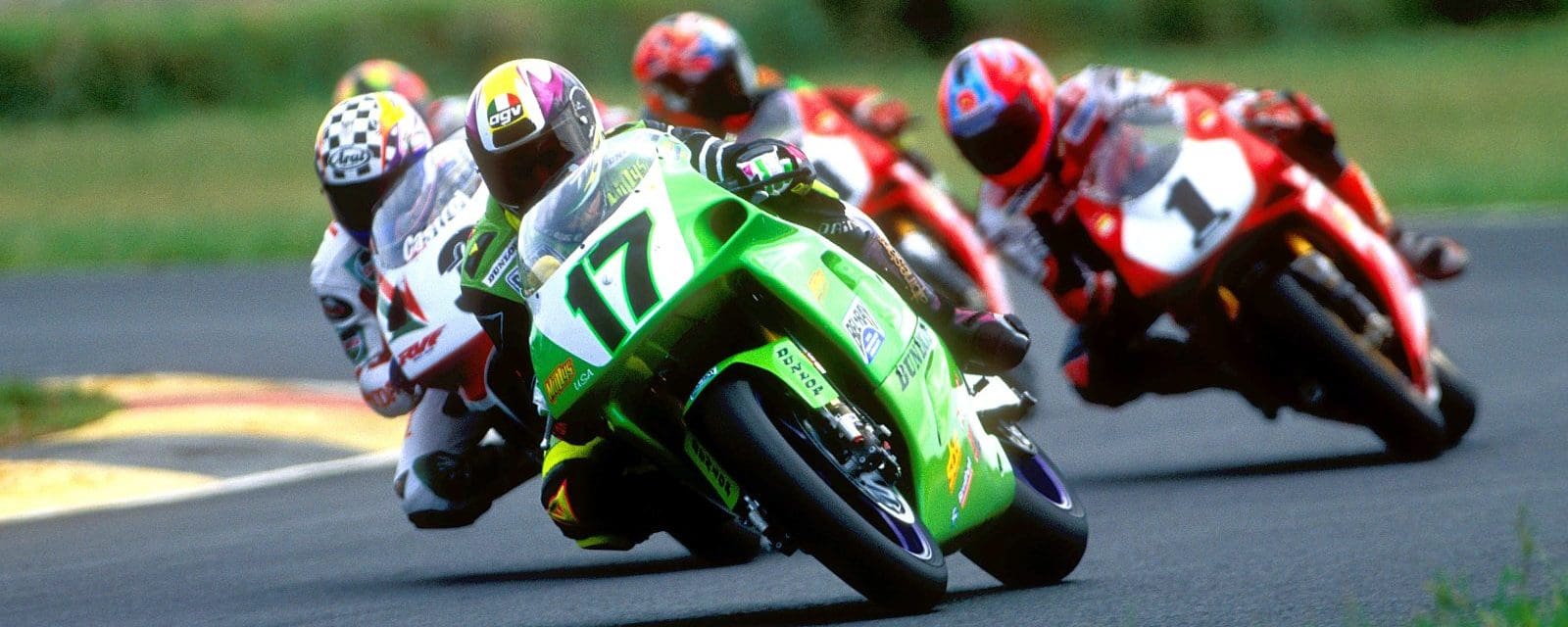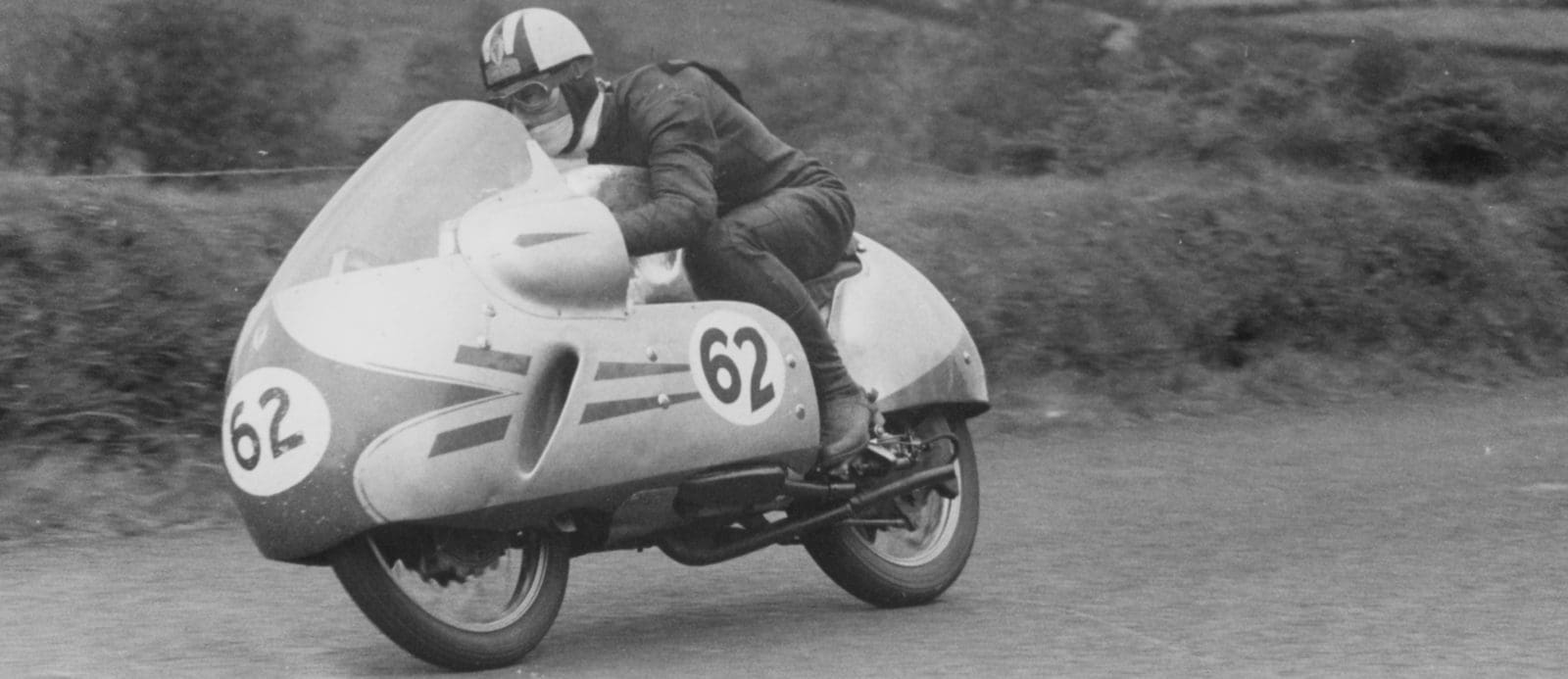Ralph Hubert ‘Sonny’ Barger Jnr passed away on 29 June 2022 when, after previously surviving throat and prostate cancer, he lost his fight against liver cancer. Sonny was born on 8 October 1938 in the town of Modesto, California. His mother had Italian ancestors and when her family emigrated to America it was customary that the first-born son was named Sonny – but his father thought differently and named him Ralph Hubert, after himself. Sonny’s mother left when he was quite young and his dad, by then an alcoholic, worked on the roads and moved his family to Oakland where Sonny’s grandmother lived.
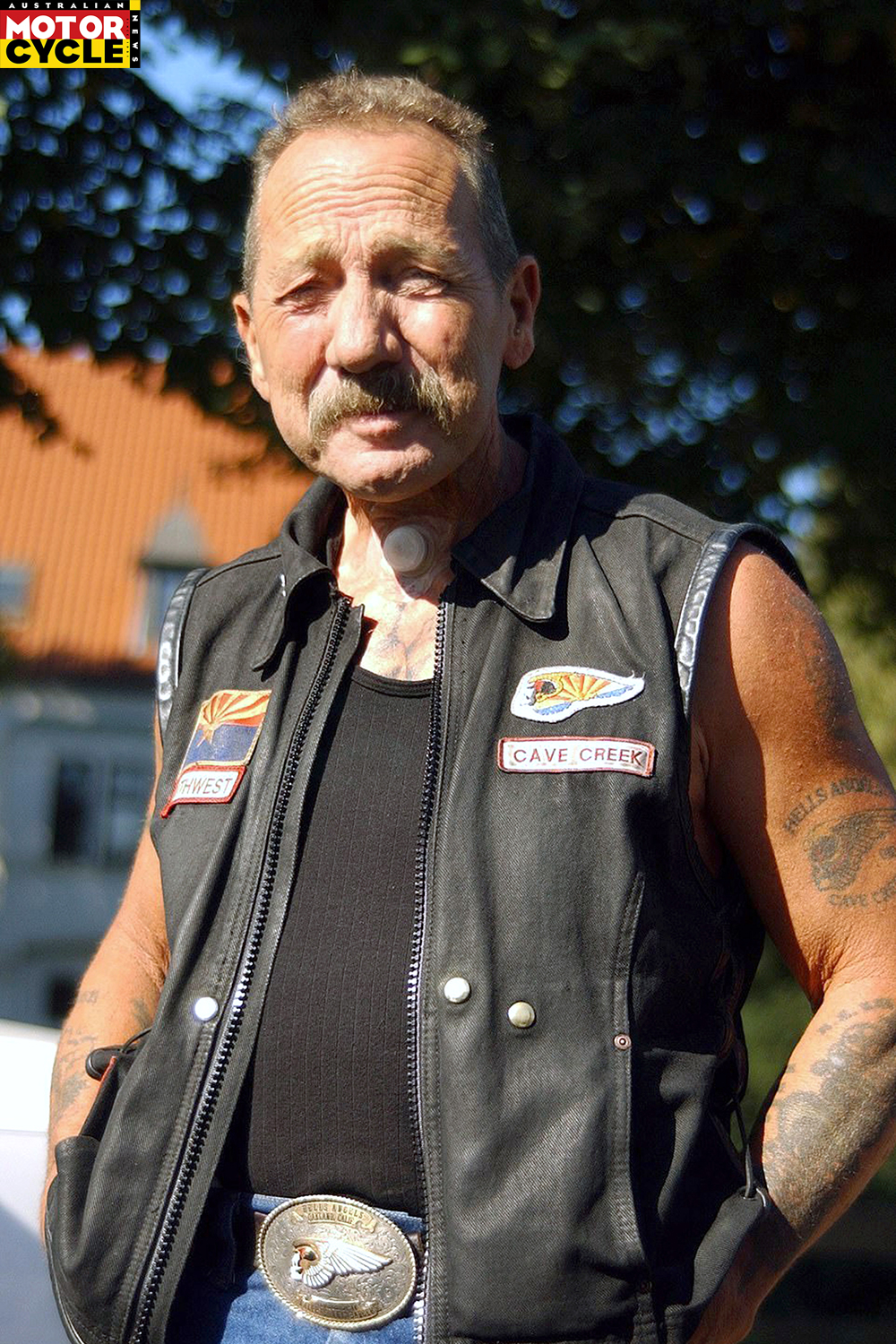
Every Sunday she took the Barger children to the Pentecostal church where hell and damnation were preached. Together with his father and sister, he lived in a very small rented house, but Sonny spent most of his time roaming the streets. From an early age, his father took him with him to the pub and Sonny would always make sure his dad made it home. His grandmother died when Sonny was just eight-years old, which more or less turned Sonny into a hard and raw survivor. He started to fight with everything and everyone and had no regard for authority. A year later, a friend of his father told him about the riots in Hollister, California, where, for the first time, the outlaw motorcycle gangs manifested violence. The wild stories made a big impression.
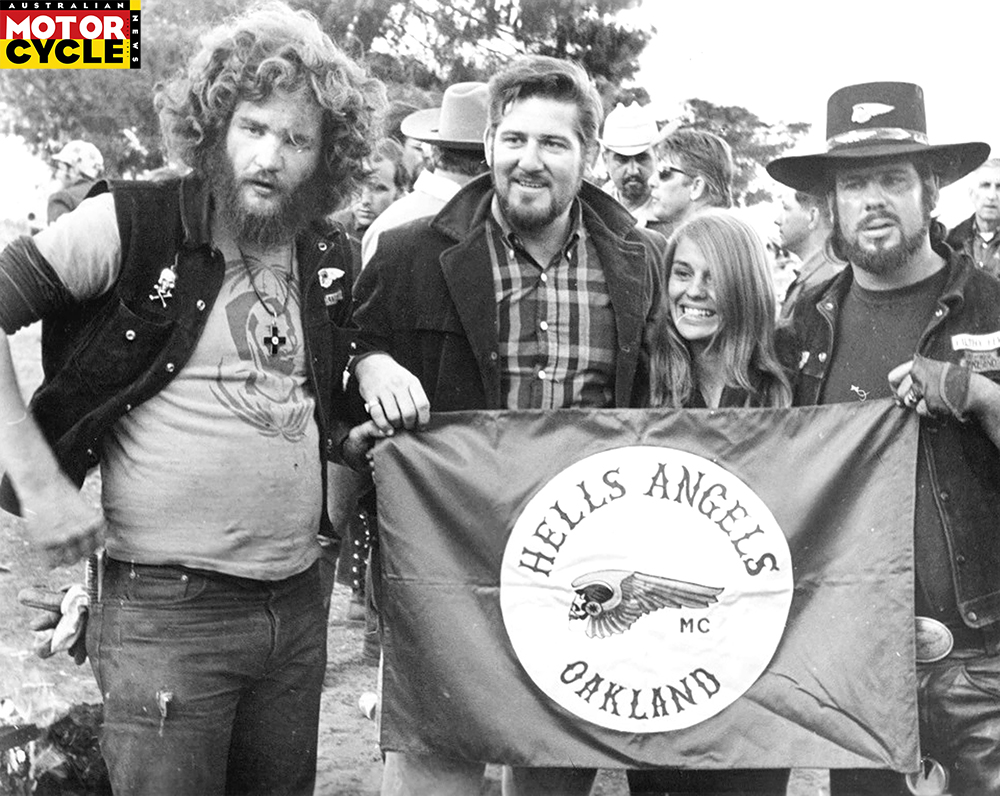
At about the same time, Sonny’s father remarried and, a short time later, Sonny’s half sister was born. It didn’t work out at all between Sonny and his stepmother, and Sonny often preferred hanging out on the street. After one of his wanderings, he returned to a looted house. His stepmother had left the family and, in addition to her daughter, had also taken the contents of the house except for a few beds. And after his father tried to take his own life in a drunken stupor, his 15-year-old sister Shirley took over the household.
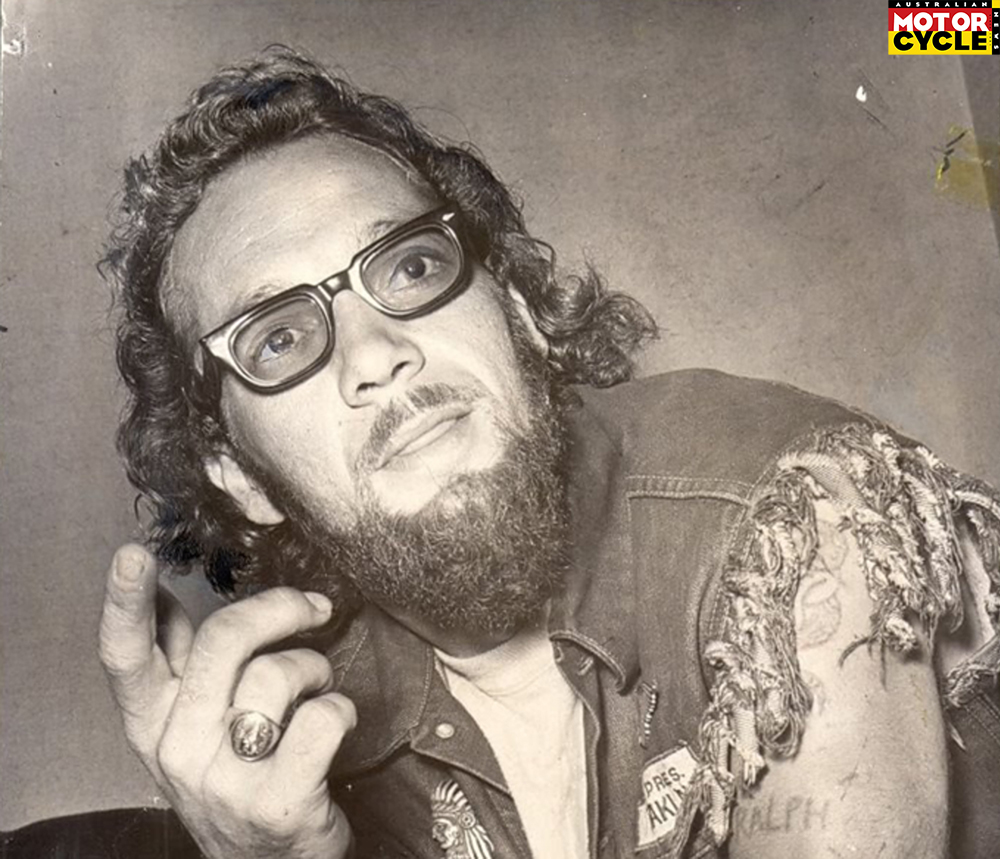
From that moment on, Sonny had to be the breadwinner. He wore out all kinds of jobs, from shop assistant to handyman, none of which lasted long. He hardly went to school. At the age of 16, Sonny left school for good.
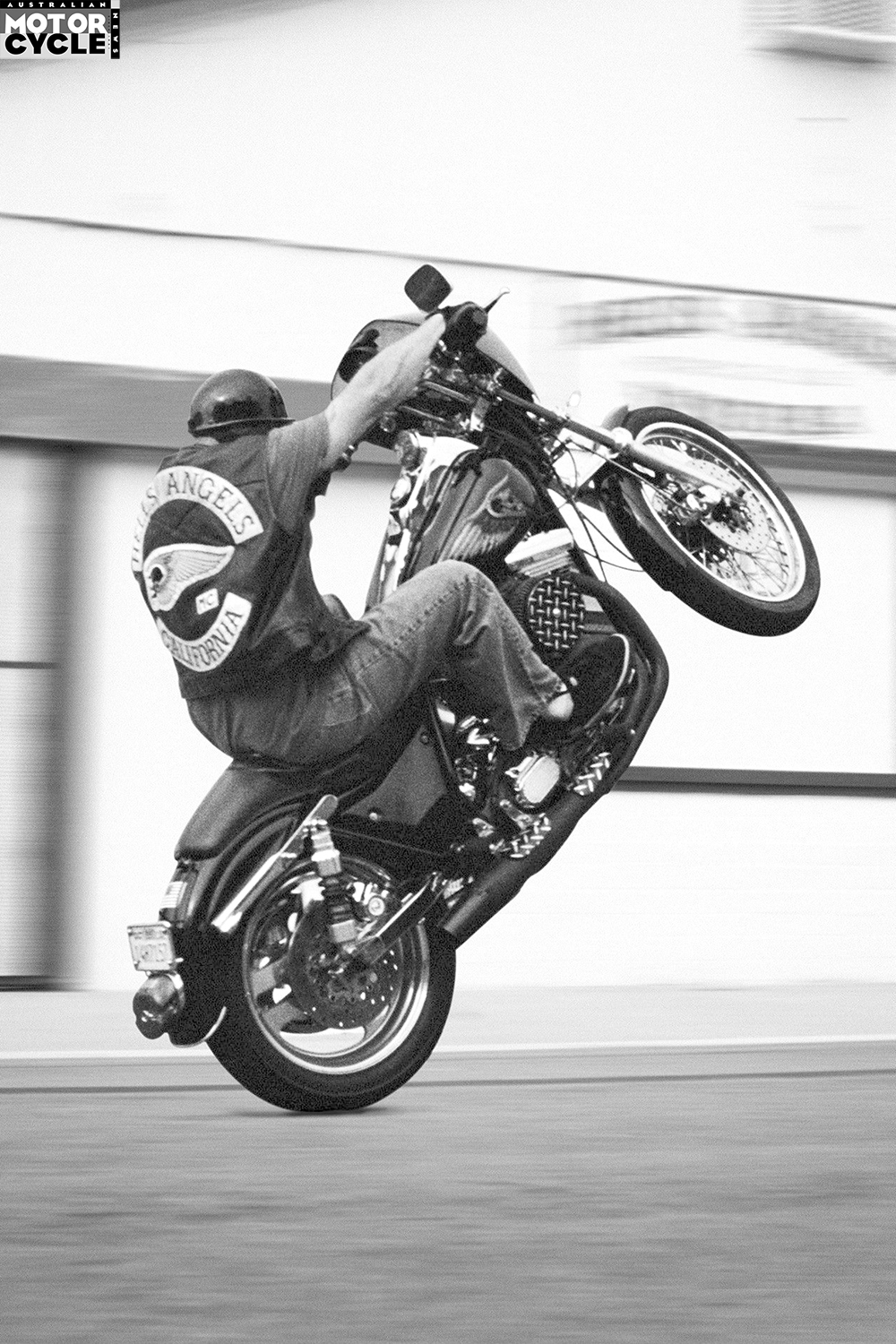
Sonny was 15 when he saw the 1953 film The Wild One, which was loosely based on the Hollister riots. Outlaw motorcycle gangs made the city unsafe, which lead to national outrage and the American Motorcycle Association (AMA) responded, saying only “one percent” of motorcyclists were responsible for, the “filthy few”. The term ‘one percenters’ was immediately adopted by the gangs. The Wild One and the role of the motorcycle gangs in the film inoculated the impressionable Sonny and later he would adopt aspects of the film with the gang he’d eventually lead – the Hells Angels.
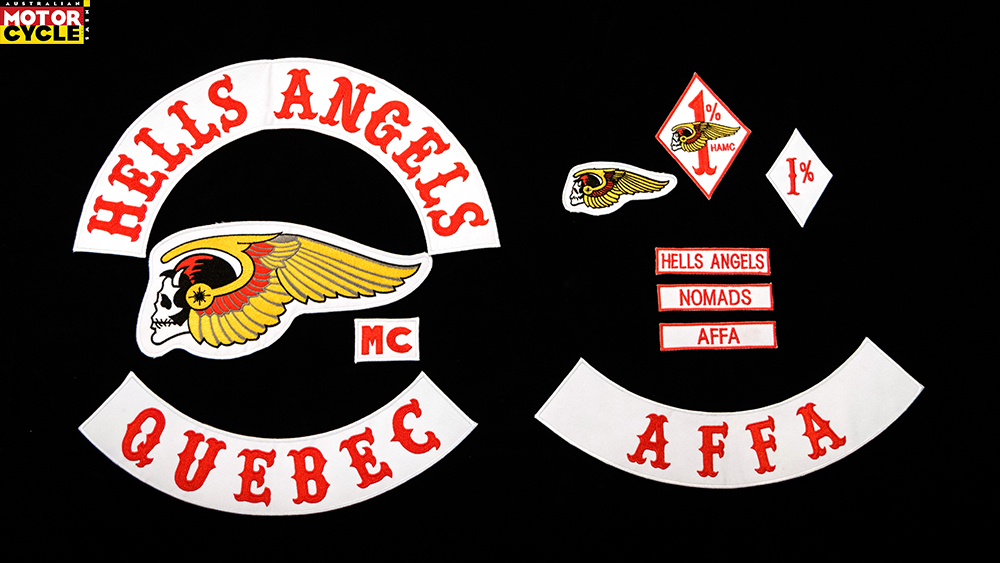
When his sister Shirley married and moved on, his father went to live in a cheap hotel. He didn’t want to live with his sister, and his father made it clear there was no room for him, so Sonny was on the street. He decided to join the army but, at 16, he was still too young. He solved that by forging a birth certificate that made him older than he was and, after some basic training, was stationed in Honolulu. A formative time, he learned from veterans of the Korean War how to fight, shoot and the importance and benefits of being part of a close-knit group. After 14 months, the forgery was discovered and he was honourably discharged.
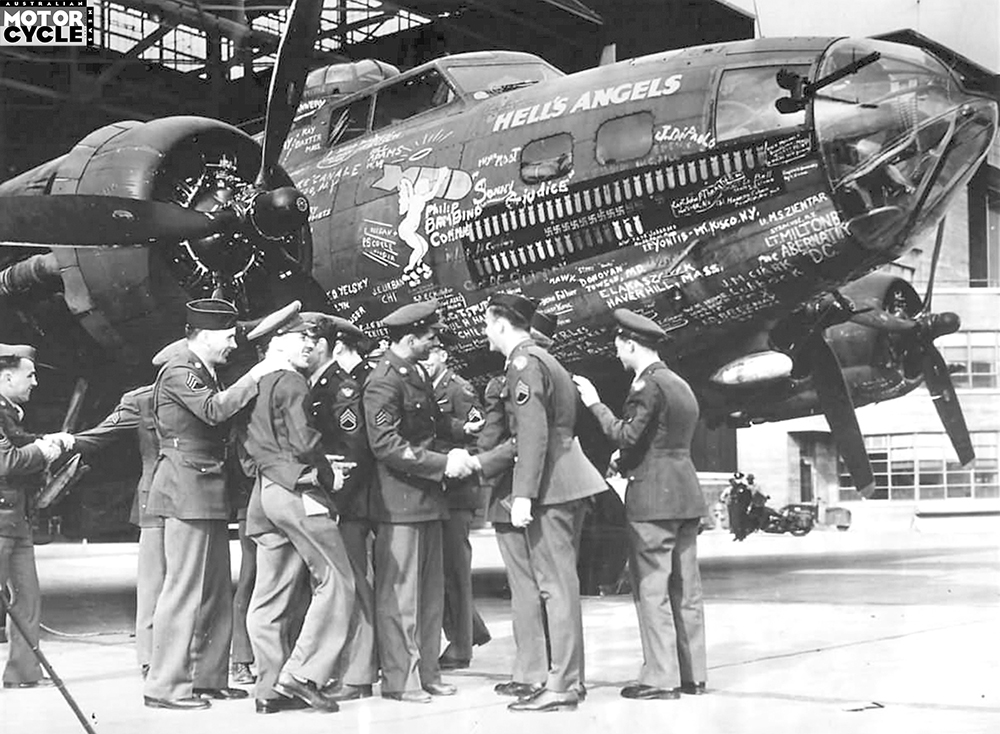
He did try to rejoin the army when he officially turned 18, but according to Sonny an army psychologist turned him down because of his tattoos, saying they were a sign of aggression and nonconformist behaviour.
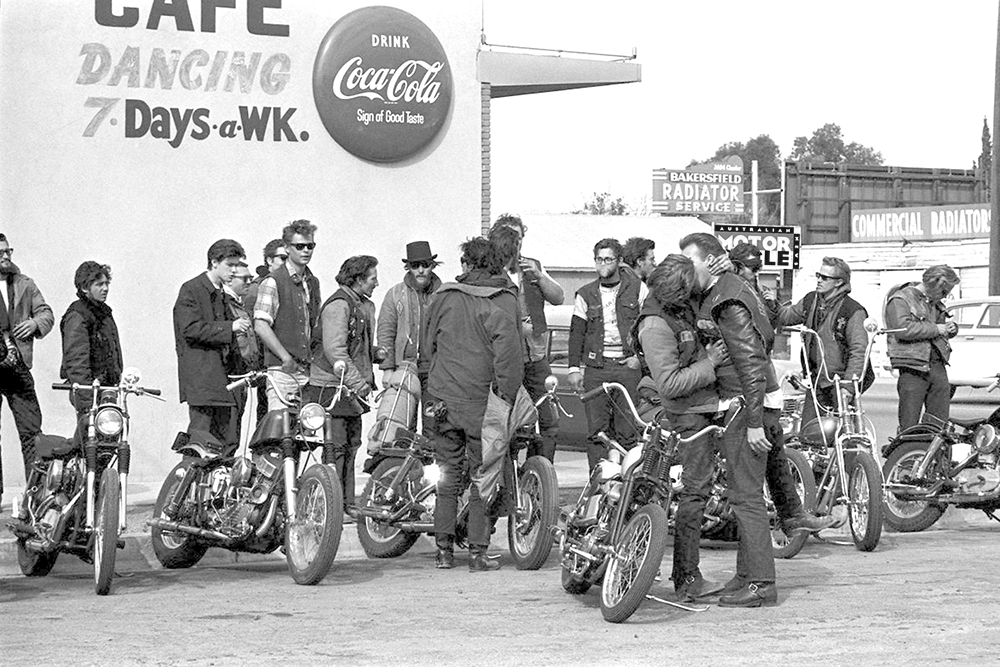
Already a fanatical motorcyclist, few could beat Sonny on his Indian Scout. His personal motto, ‘freedom in everything’, is what he lived for and to pursue that he made hard choices. In 1956 he founded the Oakland Panthers motorcycle gang, shortly after he exchanged his Scout for a well-worn Harley-Davidson FLH. When that club disintegrated, he founded the Hells Angels. The name is said to come from a mate who wore a skull badge with wings which used the same name. Reminiscent of the patches from The Wild One, Sonny had the patch copied and formed the very beginning of his Hells Angels.
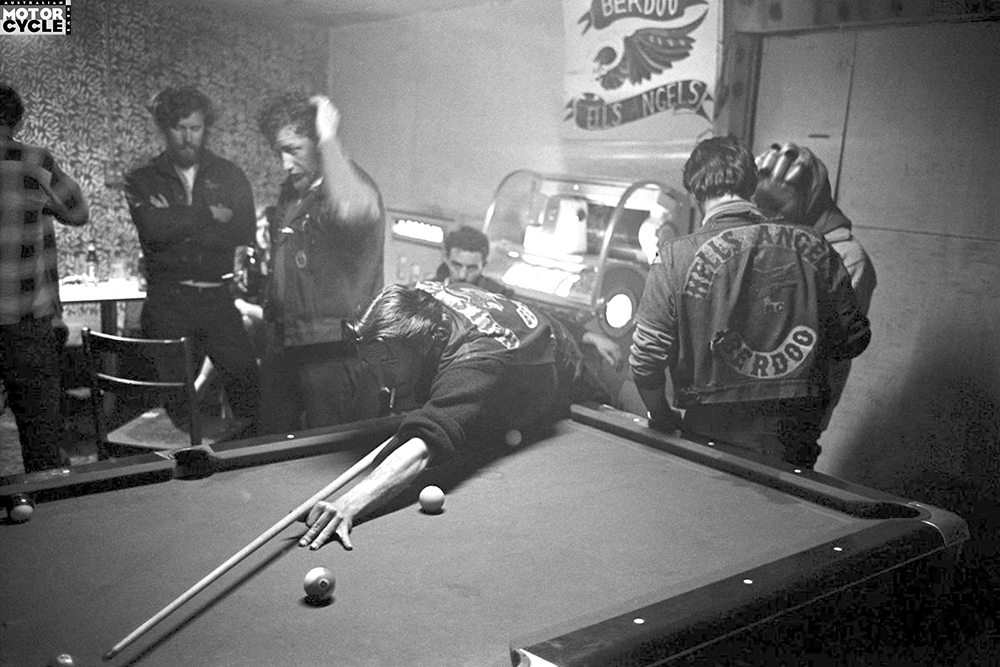
There are several versions about the early beginnings of the Hells Angels. Sonny has always said the name was first used by a motorcycle club from Detroit in the 1920s. In 1930 the film Hell’s Angels was released, complete with a whopping $US2.8 million budget, about two brothers in the English Royal Flying Corps from World War I.
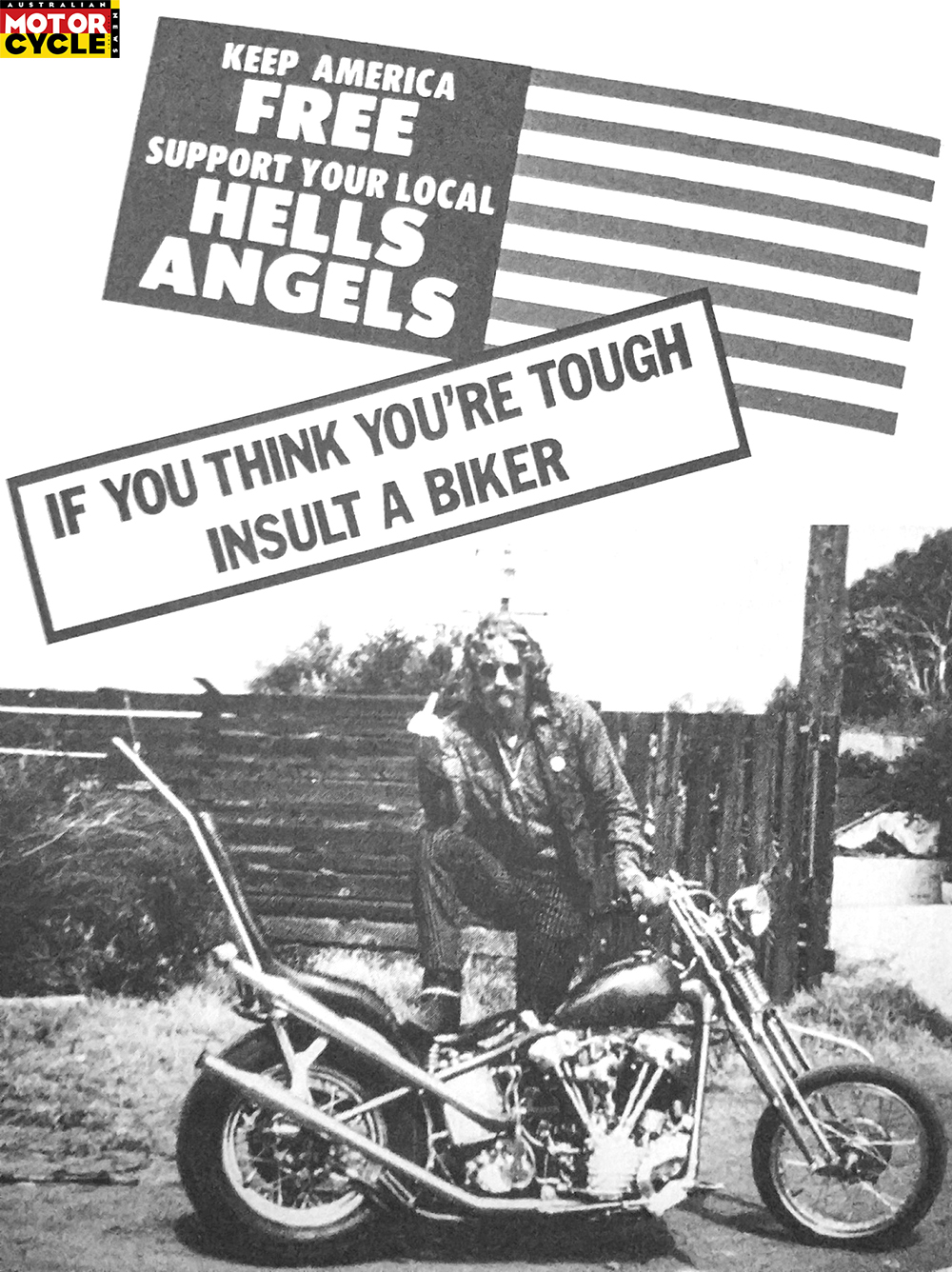
Barger discovered that in the 1950s there were several clubs in California that used the same name. The oldest club was the Hells Angels from San Bernardino, which was founded in 1948 by World War II veteran Otto Friedli and a group of former gang members from the so-called ‘Pissed Off Bastards’. Sonny decided to merge these Hells Angels clubs and discovered Friedli was still active, so he was crowned national leader of ‘the Angels’ until Barger succeeded him in 1958.
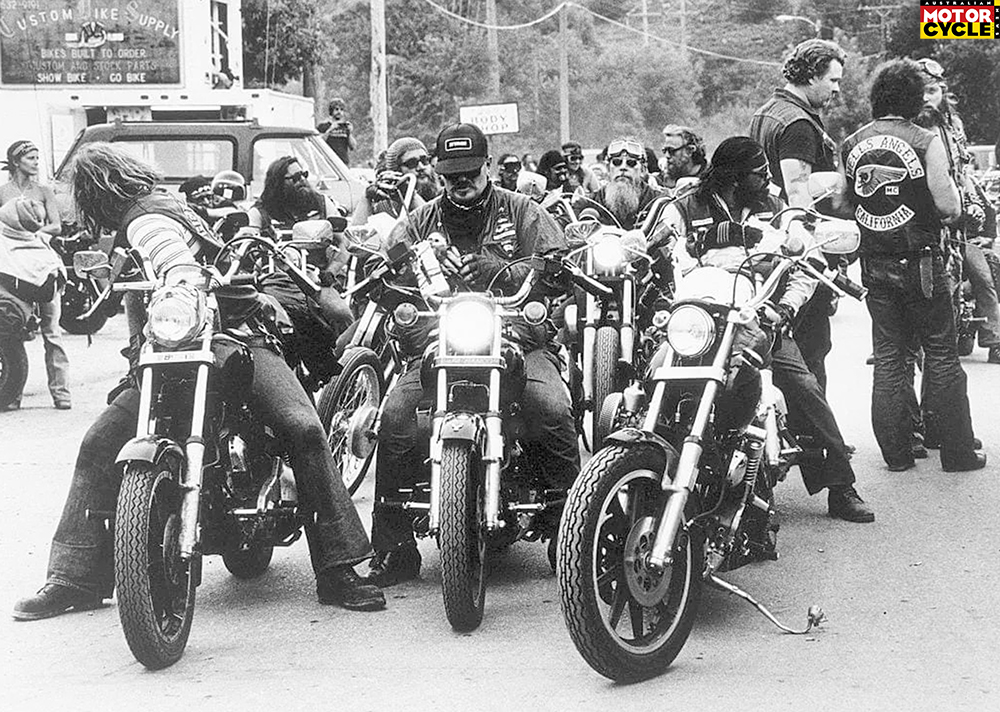
From that moment on, Sonny’s life became synonymous with the worldwide growth of the Hells Angels. An unlikely organisational talent, Sonny determined how things should be handled, made procedures, determined how meetings were held and what structure the club took. Duties and rights of the club members played an important role: loyalty to the club and each other was everything. There was a military structure and culture. From Oakland, the Hells Angels continued to grow, eventually becoming a global network of regional chapters that were all equal. But Sonny’s Oakland Chapter is still “the first among equals”, as they call it.
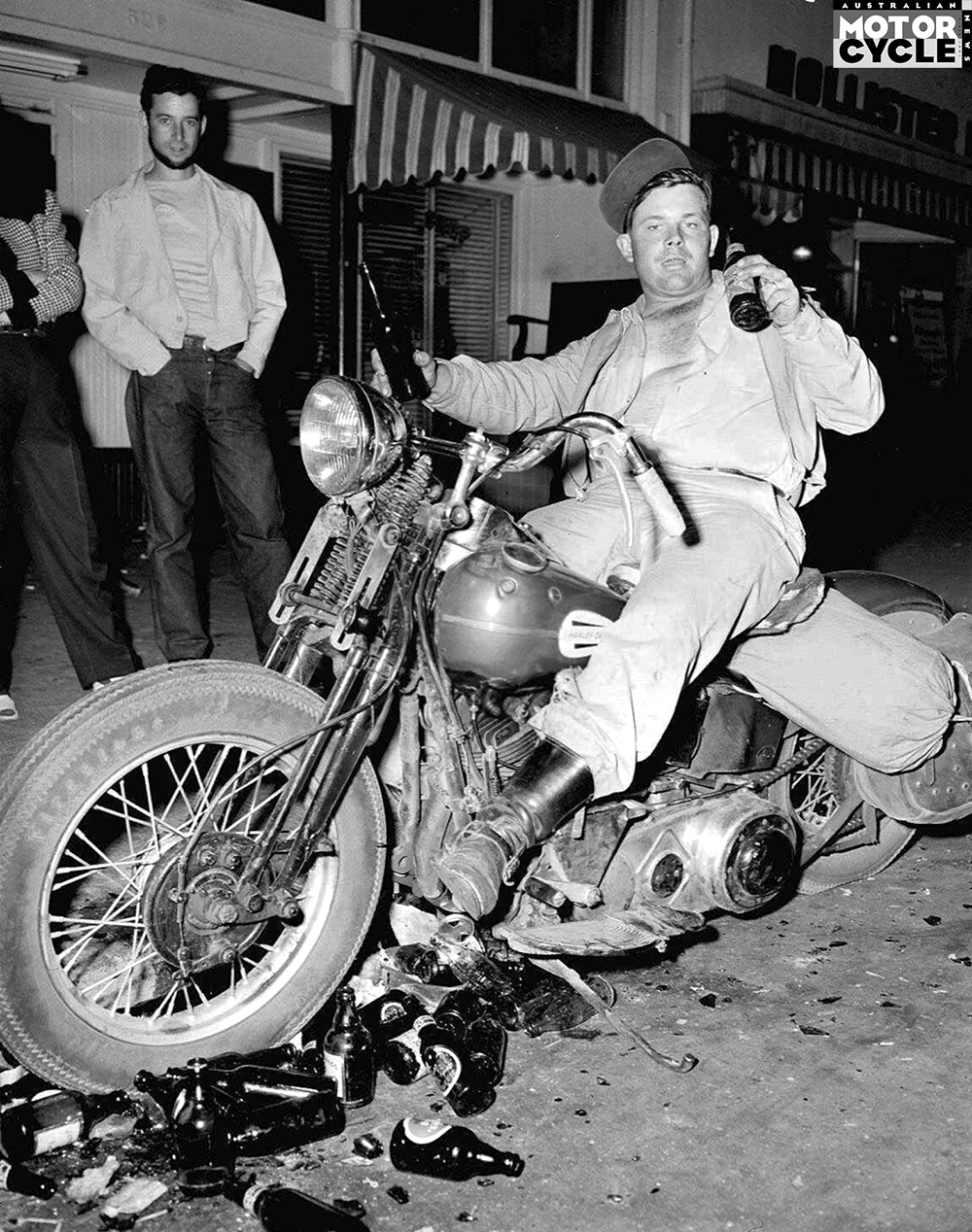
The Angels developed a reputation of hard drugs and dreadful crimes. And not unjustified either, with countless collisions between law enforcers, rival motorcycle gangs and the Hells Angels. Barger spent 13 years of his life in prison. In 1973, he was sentenced to 10 years in prison for possession of large quantities of drugs and drug trafficking. In 1988, he was convicted of conspiring, transporting and possessing explosives for the purpose of killing people and damaging buildings. He was on his way to a rival clubhouse to blow it up when he was arrested. In 1982 he was diagnosed with throat cancer, at that time smoking three packs of cigarettes a day. During the cancer surgery his vocal cords were also removed, and since then Sonny had spoken using a one-way speaking valve.
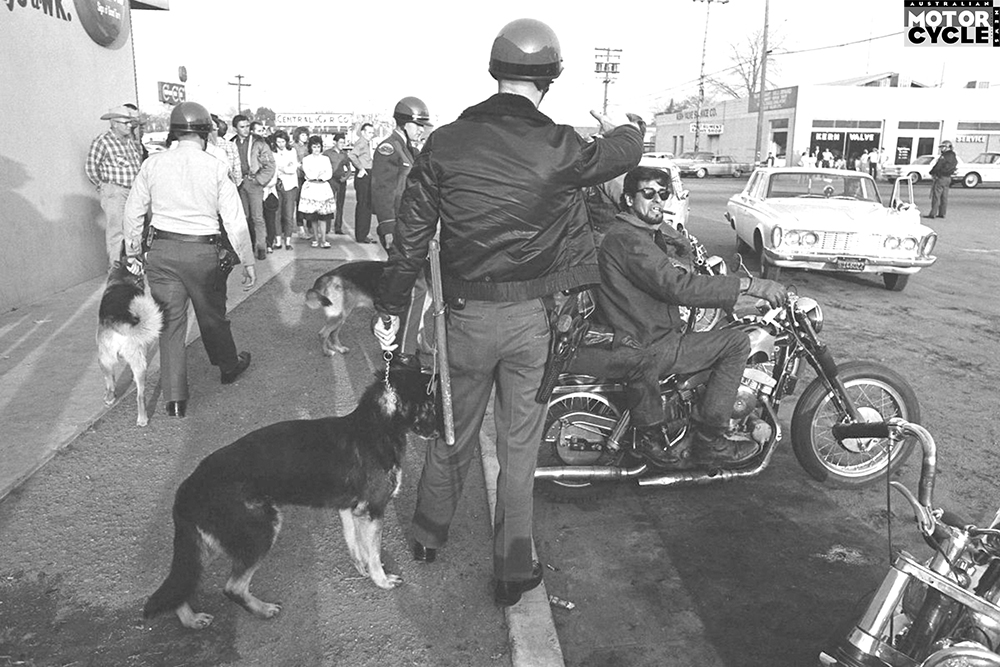
Sonny also wrote books; he advised the Hollywood film industry in the 1960s and 1970s about motorcycle gang-related movies; and not very long ago he starred in the popular motorcycle gang television series Sons of Anarchy, even attracting sponsorship from now-defunct brand Victory Motorcycles.
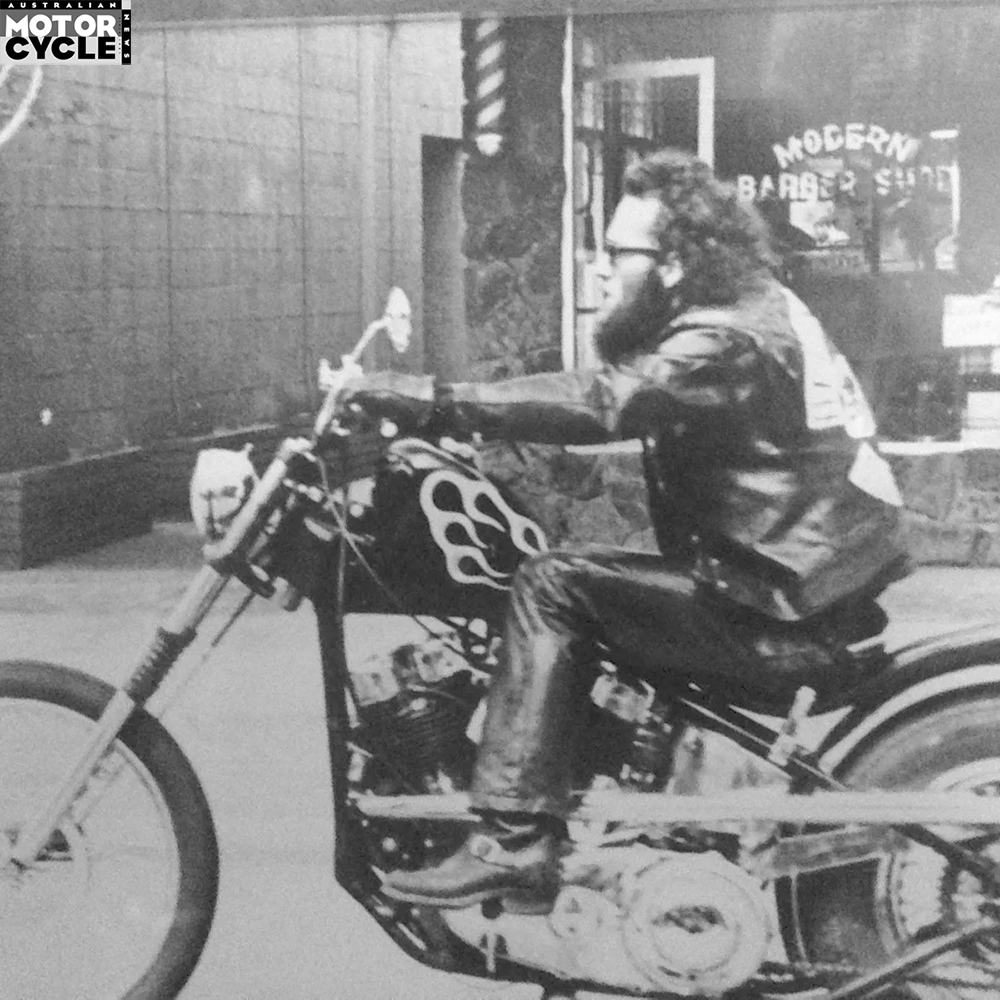
As well as the smuggling, theft, trafficking in weapons and drugs, assault and murder associated with the Angels, Sonny was also the driving force behind the charity work that also characterises the organisation.
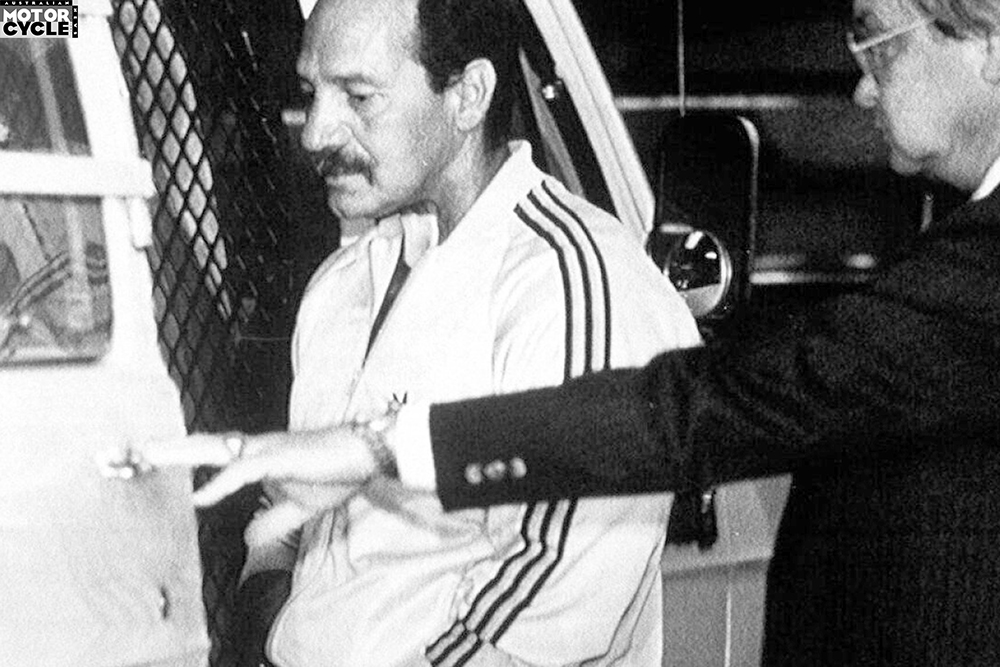
In a 2000 interview, Sonny said: “They say we are part of organised crime. But if there are no more Hells Angels in the world, the crime rate drops by less than one-tenth of a percent. We are a drop in the ocean. There are more police officers who commit crimes than Hells Angels.”
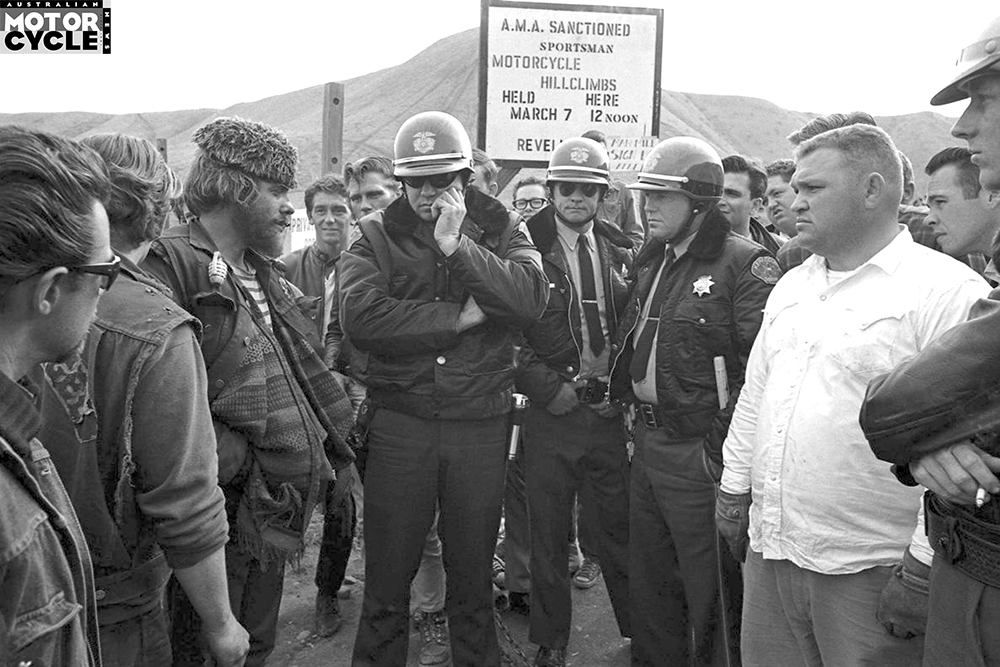
In another interview, Sonny claimed that “more people die in America from police actions than from the Hells Angels and other outlaw motorcycle clubs”.
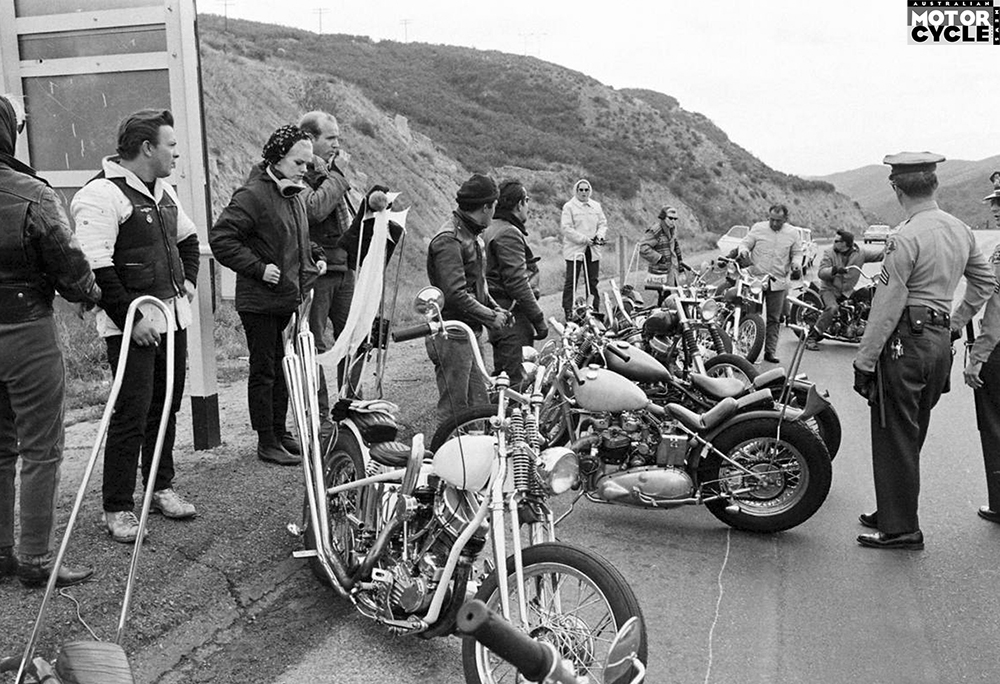
With his fourth wife Zorana and loved ones by his side, Sonny took his final breath on 29 June last year at his home in Livermore, California, at the age of 83. With him passed an American icon who has left a big mark on every motorcycle club which questions everything that stands in the way of freedom and acts accordingly in his own conviction – regardless of the consequences.
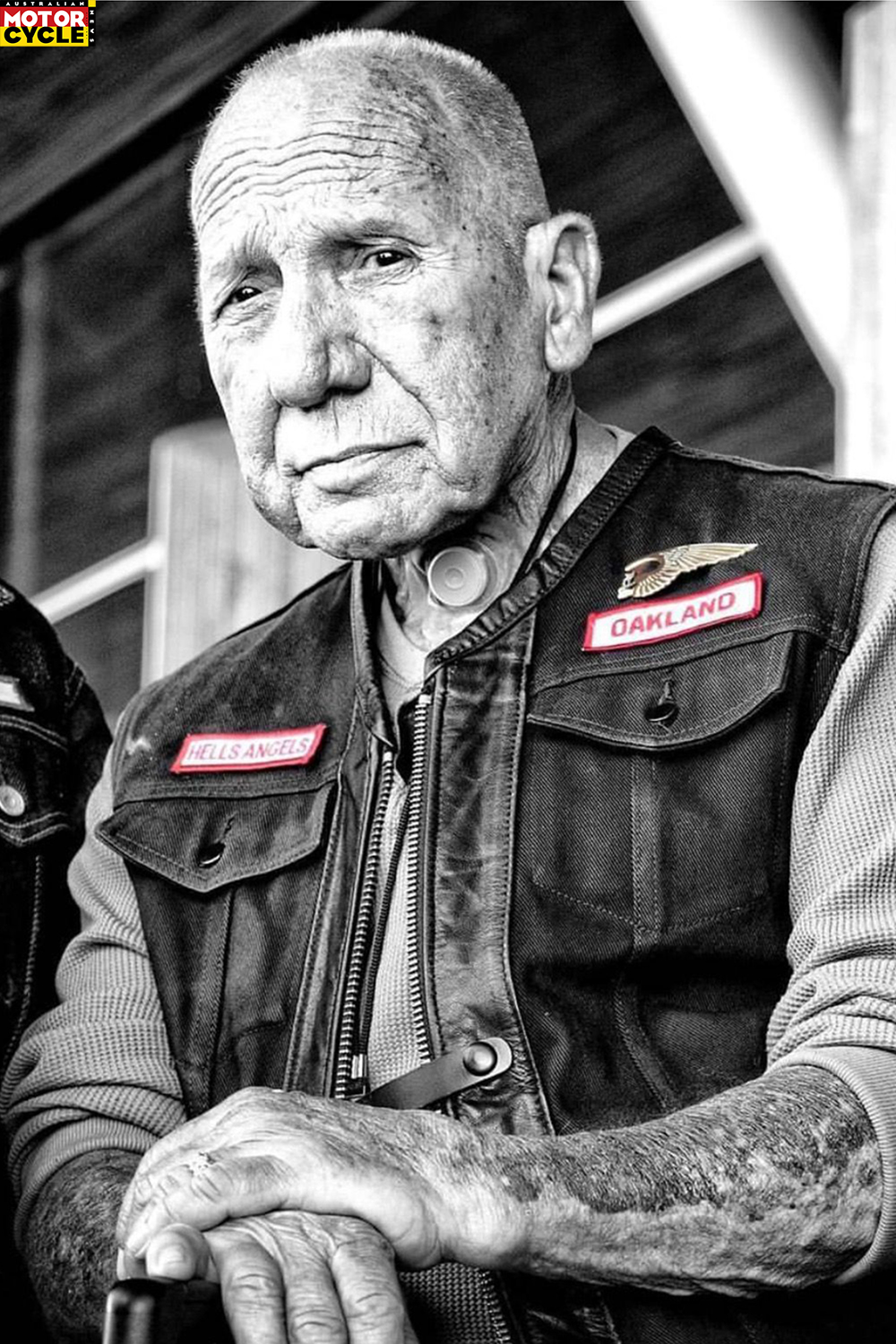
Words Ivar de Gier + Photography Archives A. Herl, Sonny Barger & Stockpo Photography
